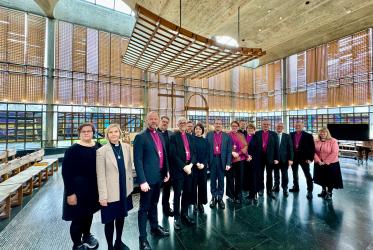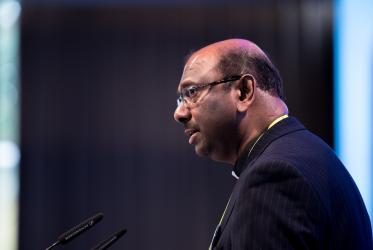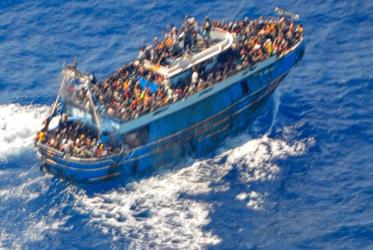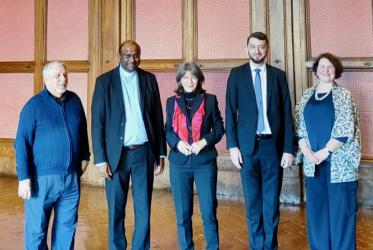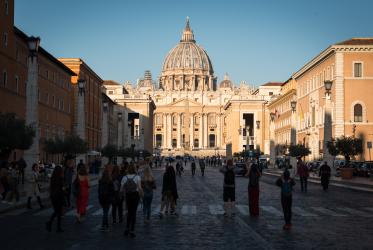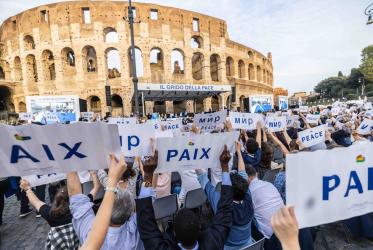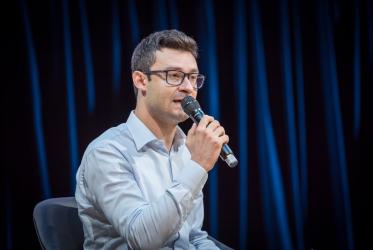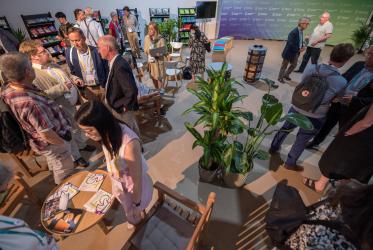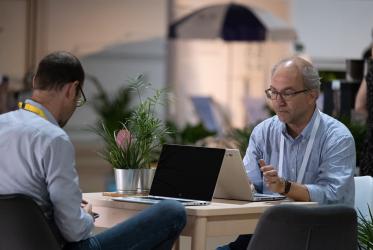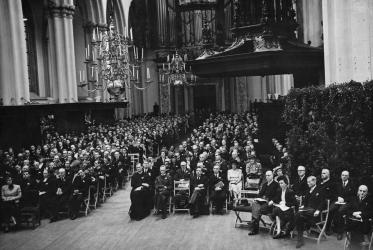Displaying 1 - 20 of 226
WCC and partners to host seminar in Assisi on Feast of Creation
21 February 2024
WCC Eco-School begins in Crete
15 November 2023
Simone de Giuseppe: “I’m still working for ecumenism in Italy”
16 September 2022
At assembly and beyond, WCC publications inspire and move
14 September 2022
